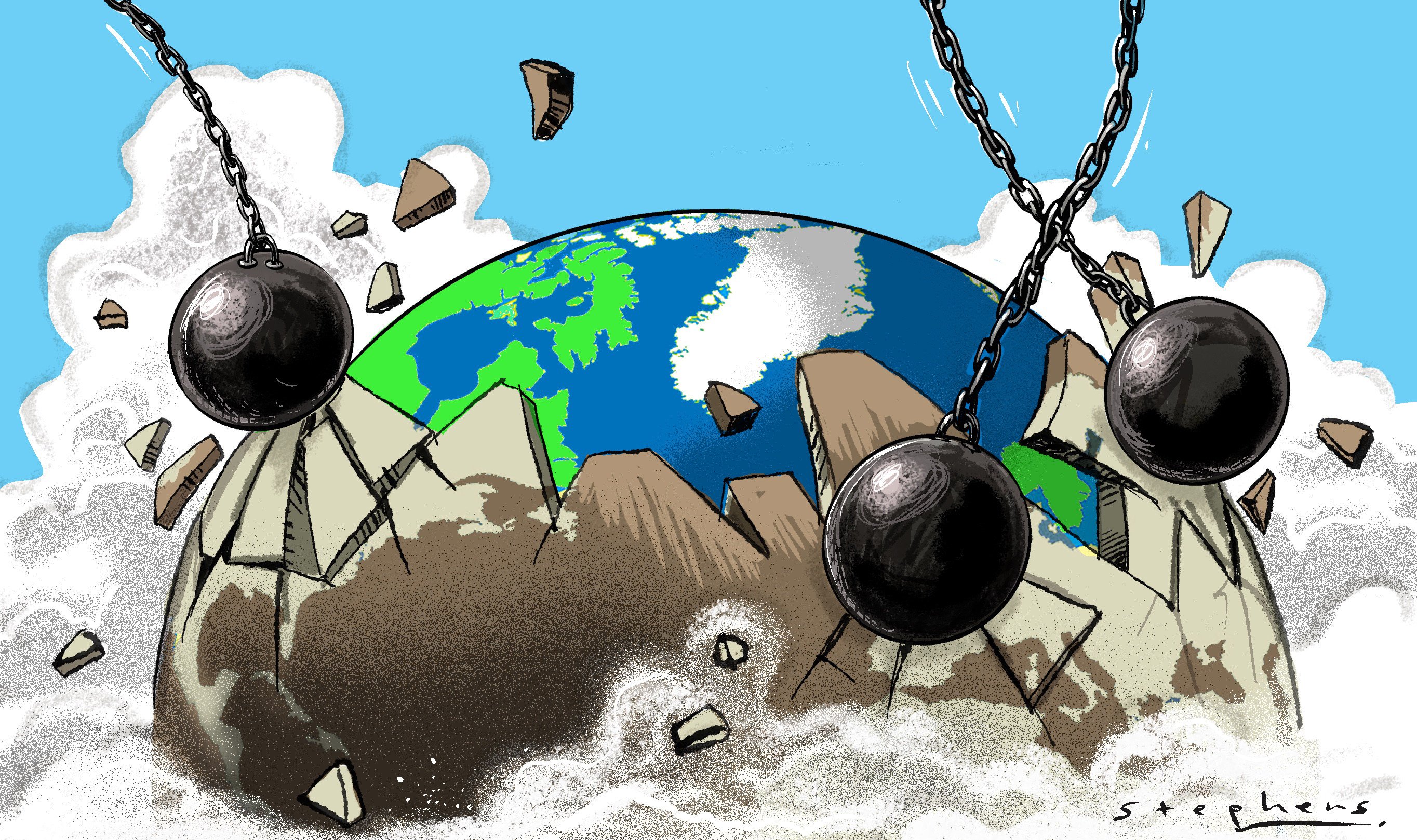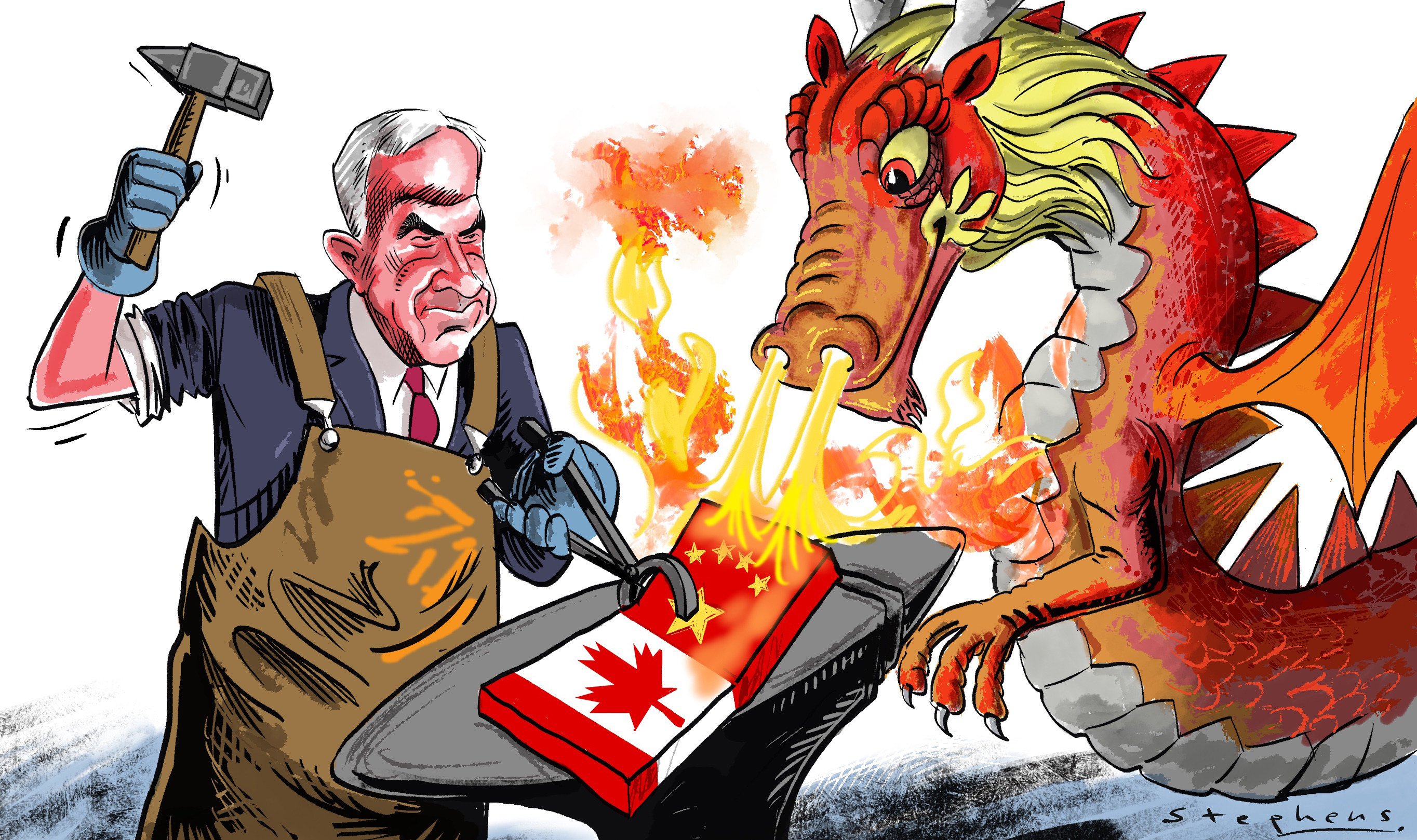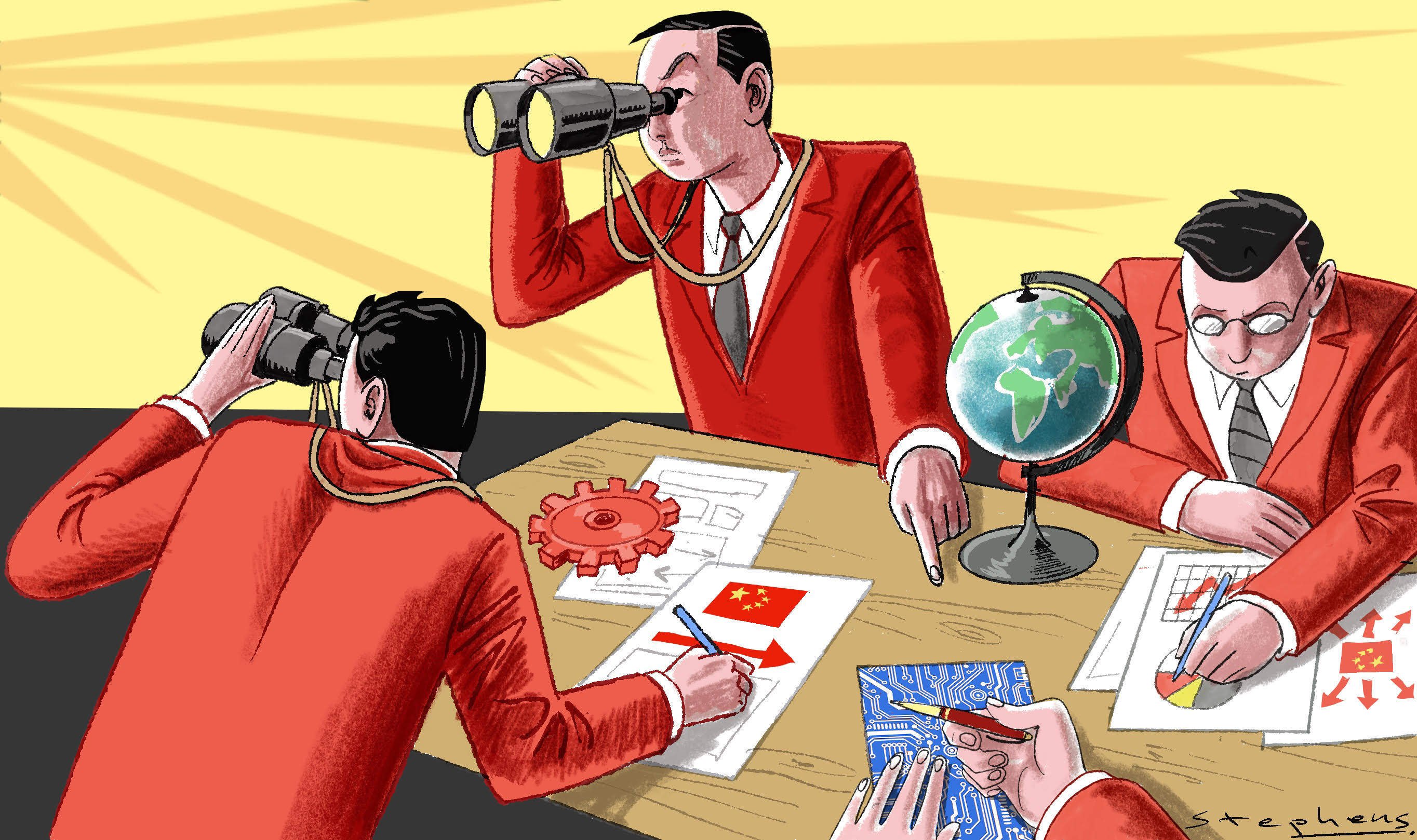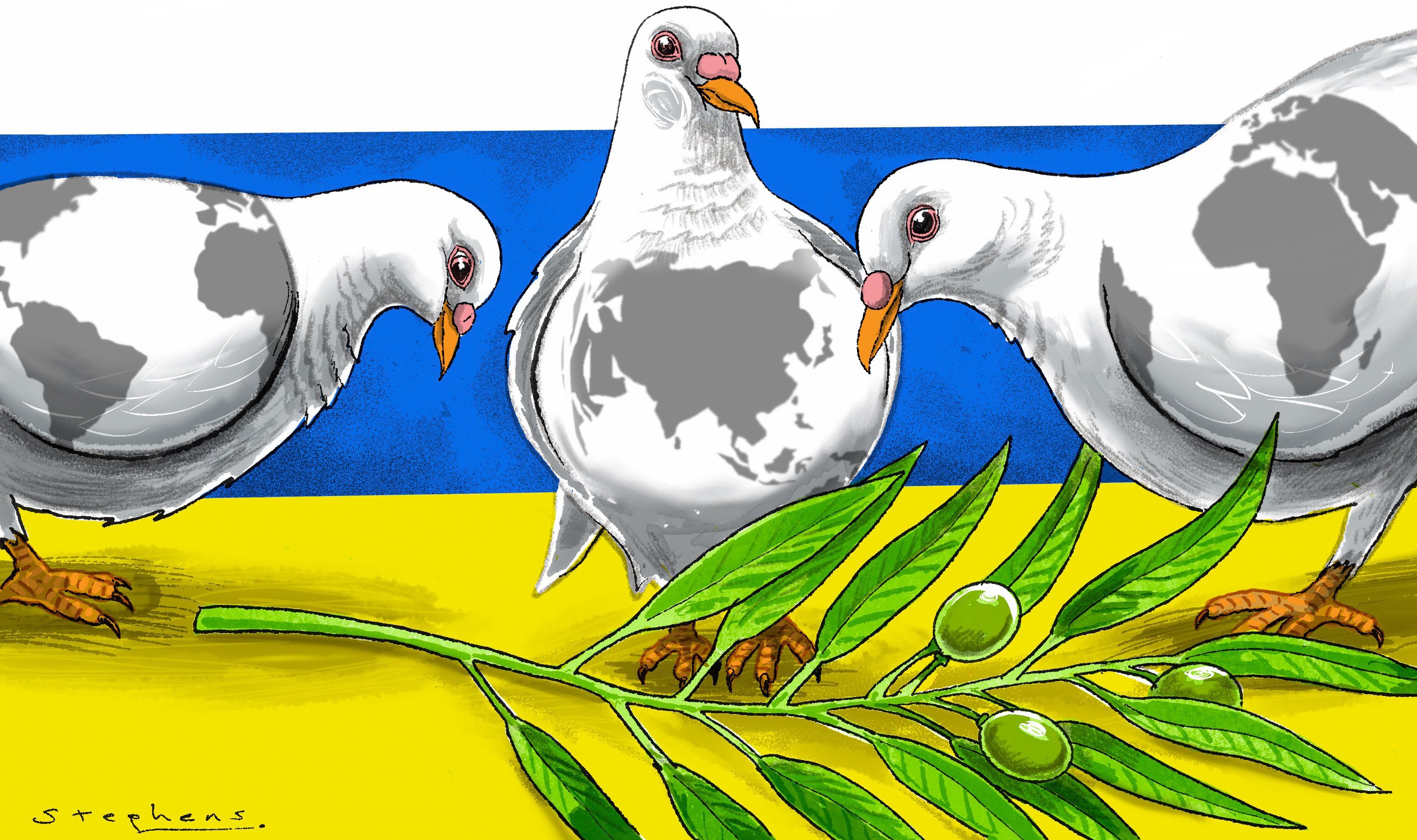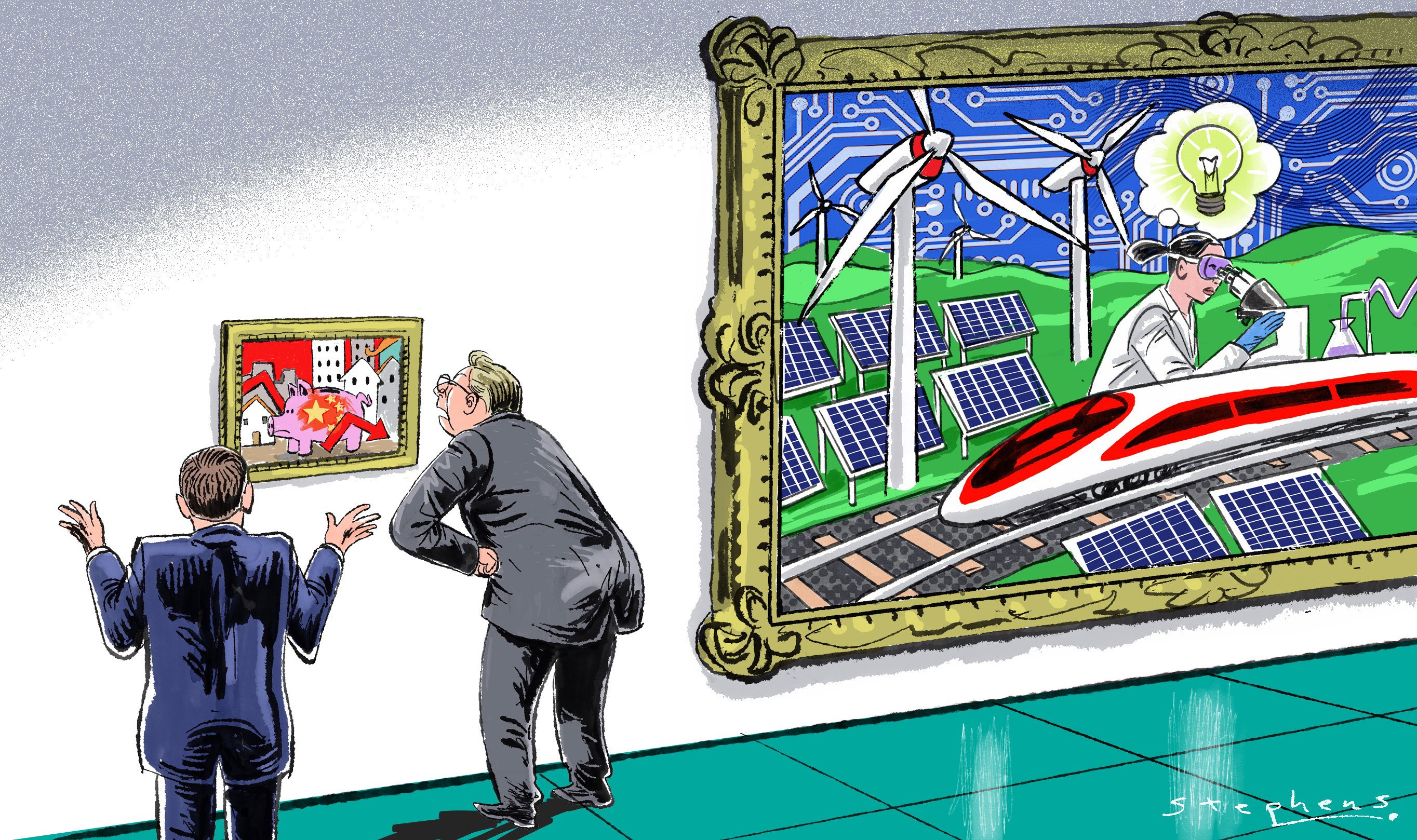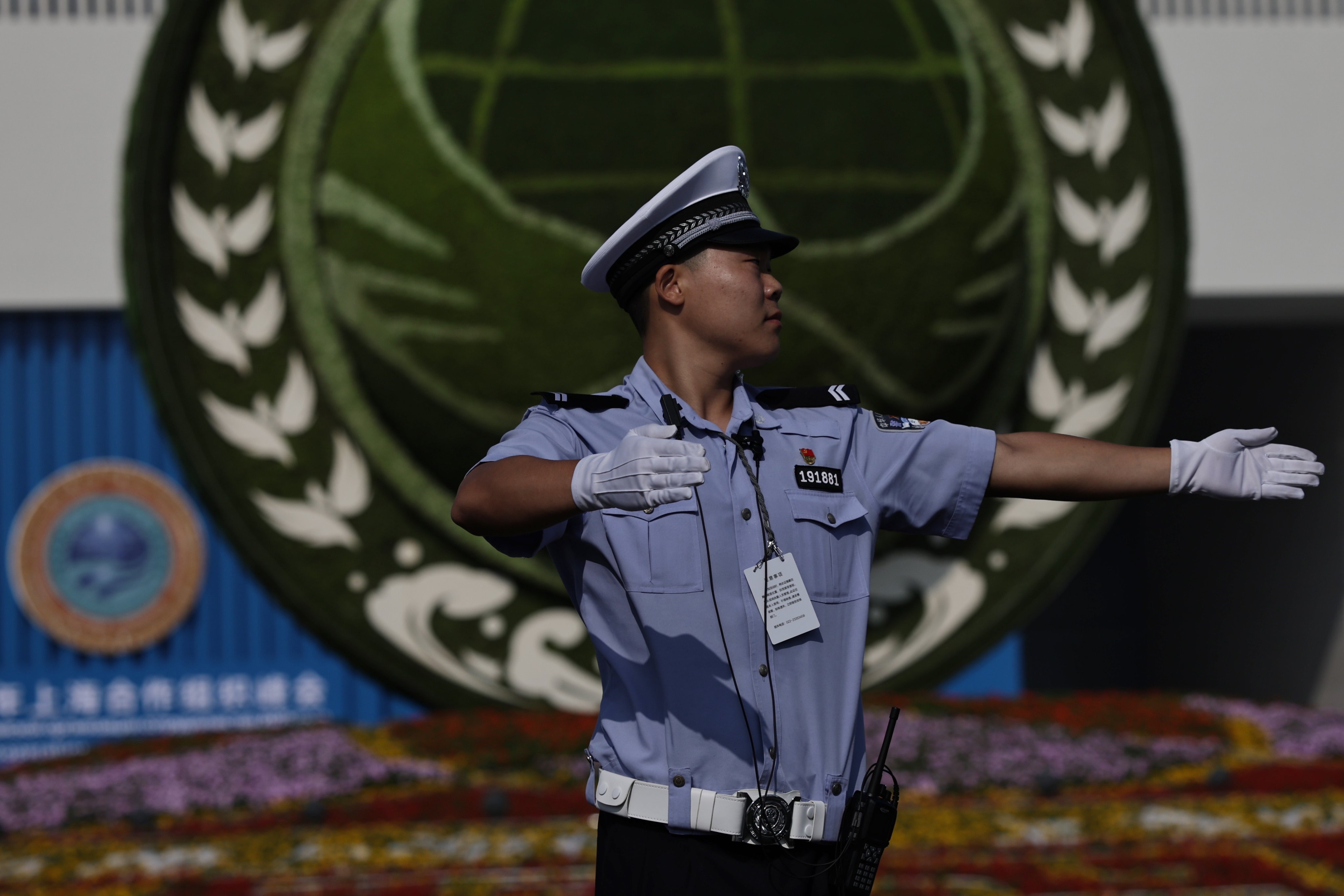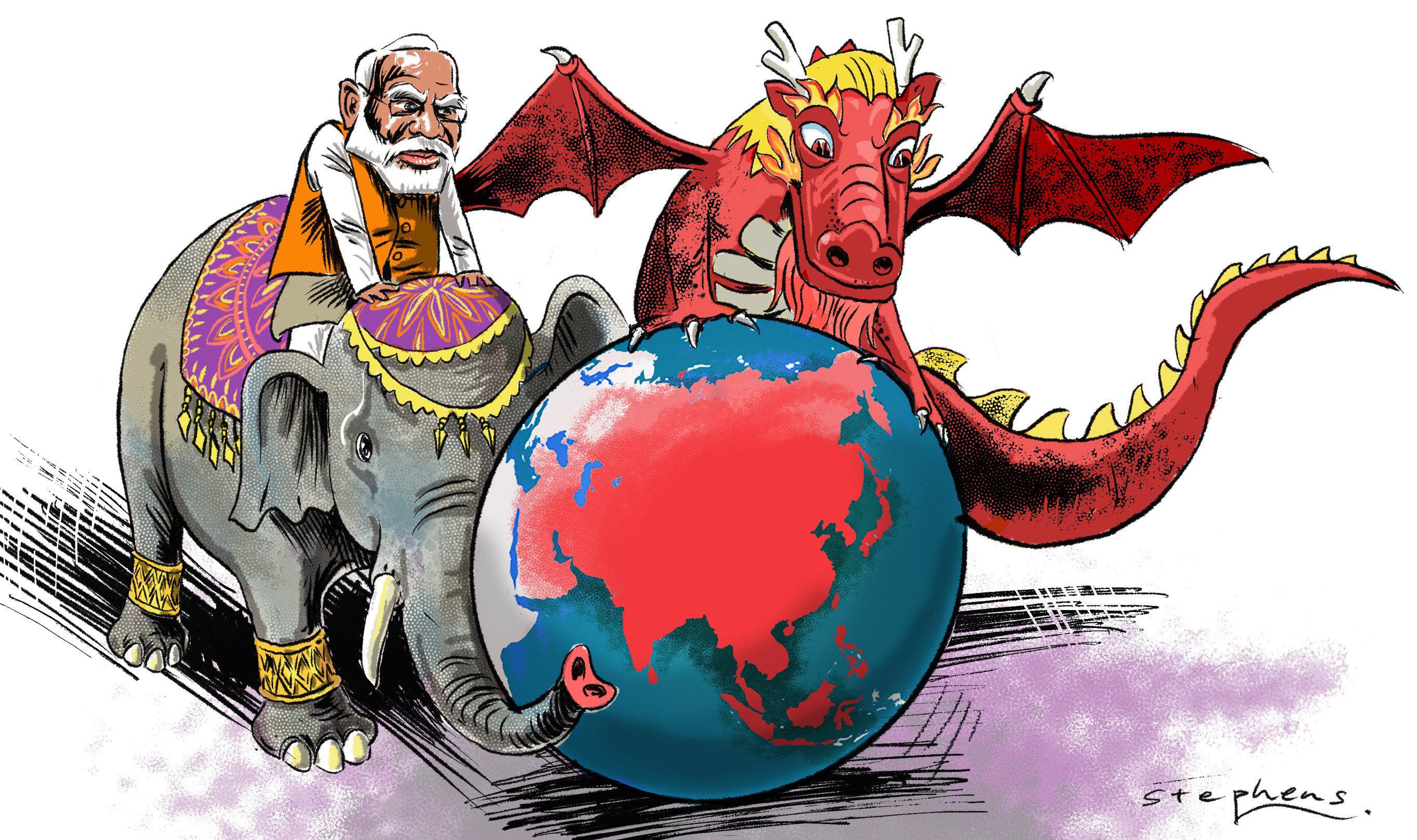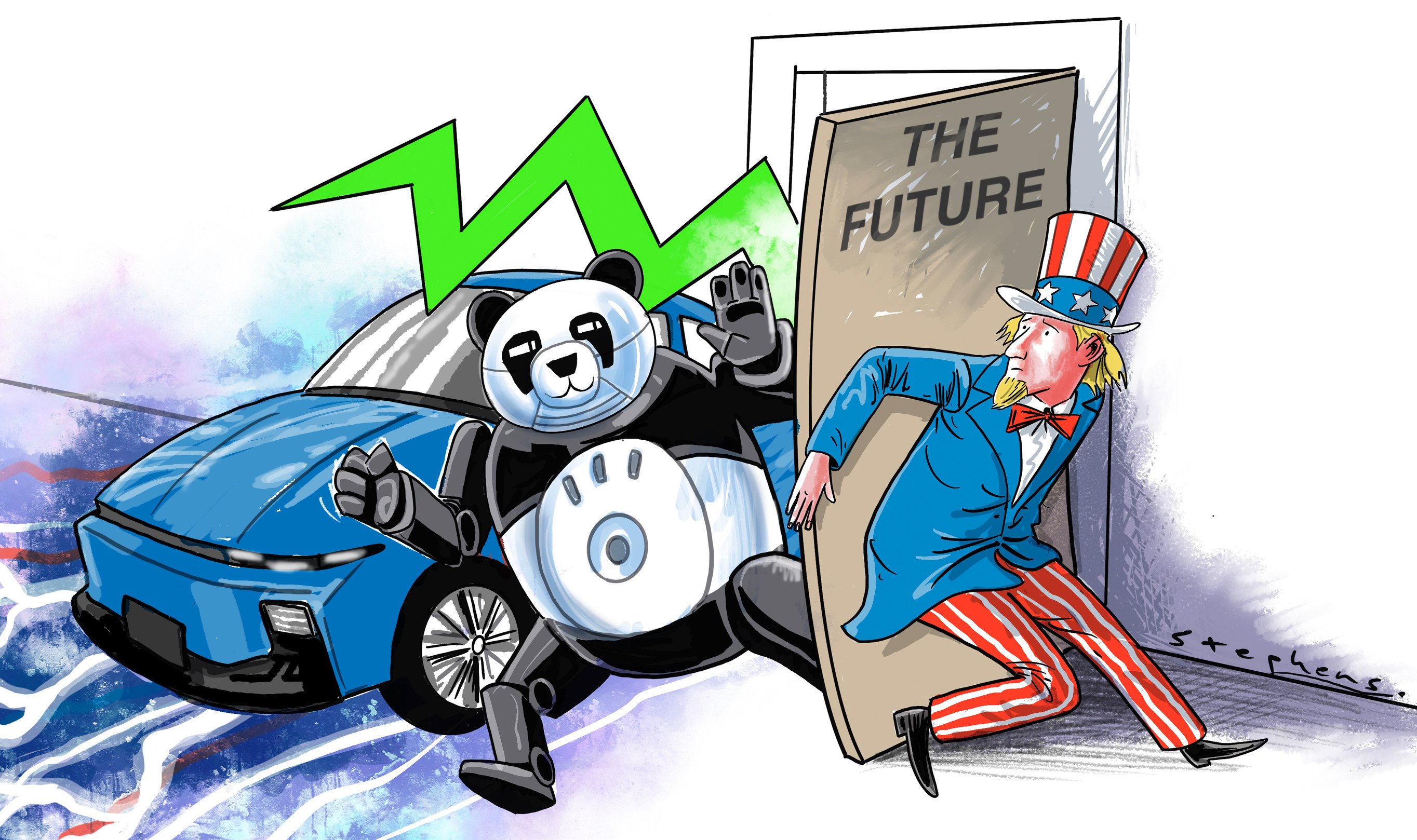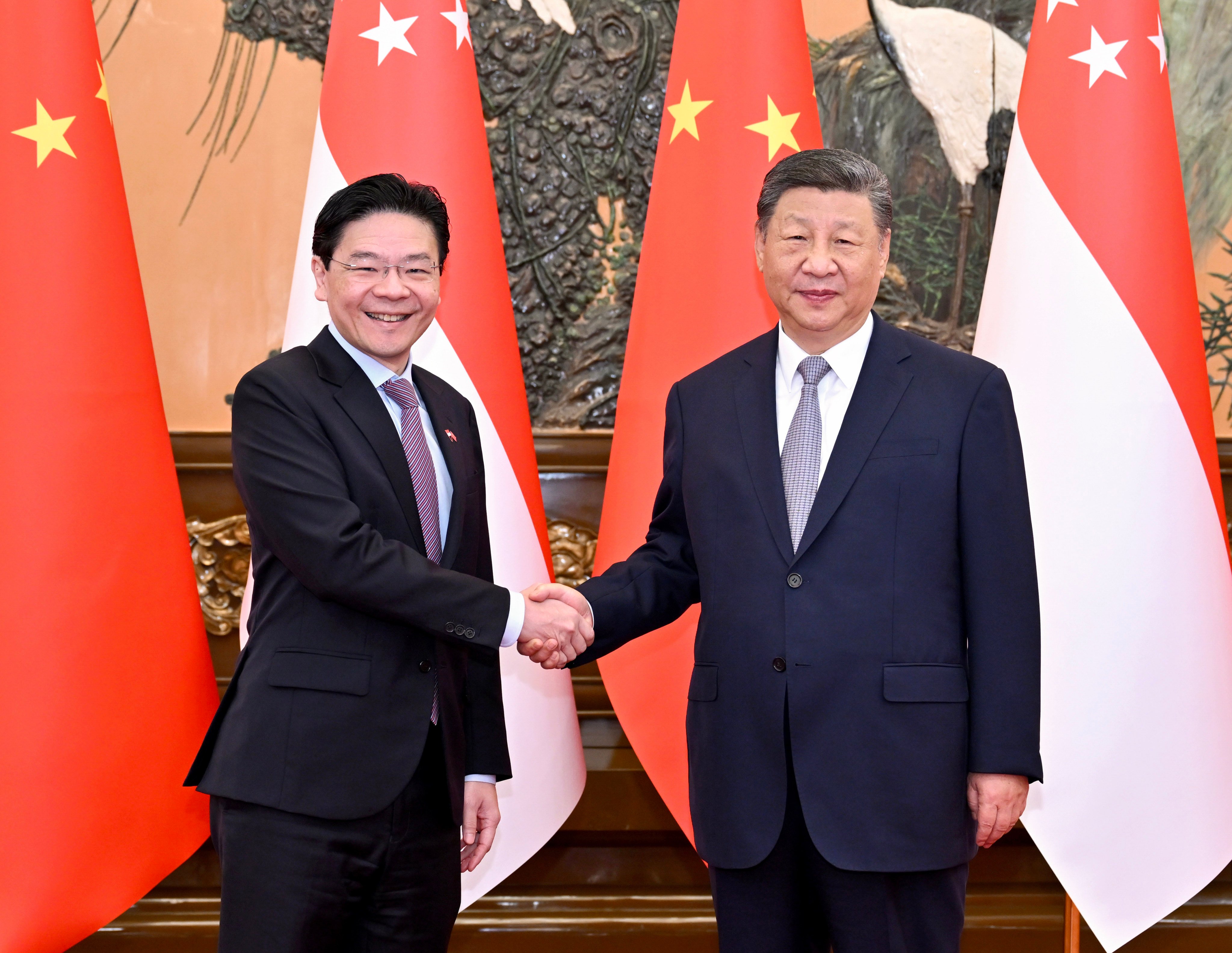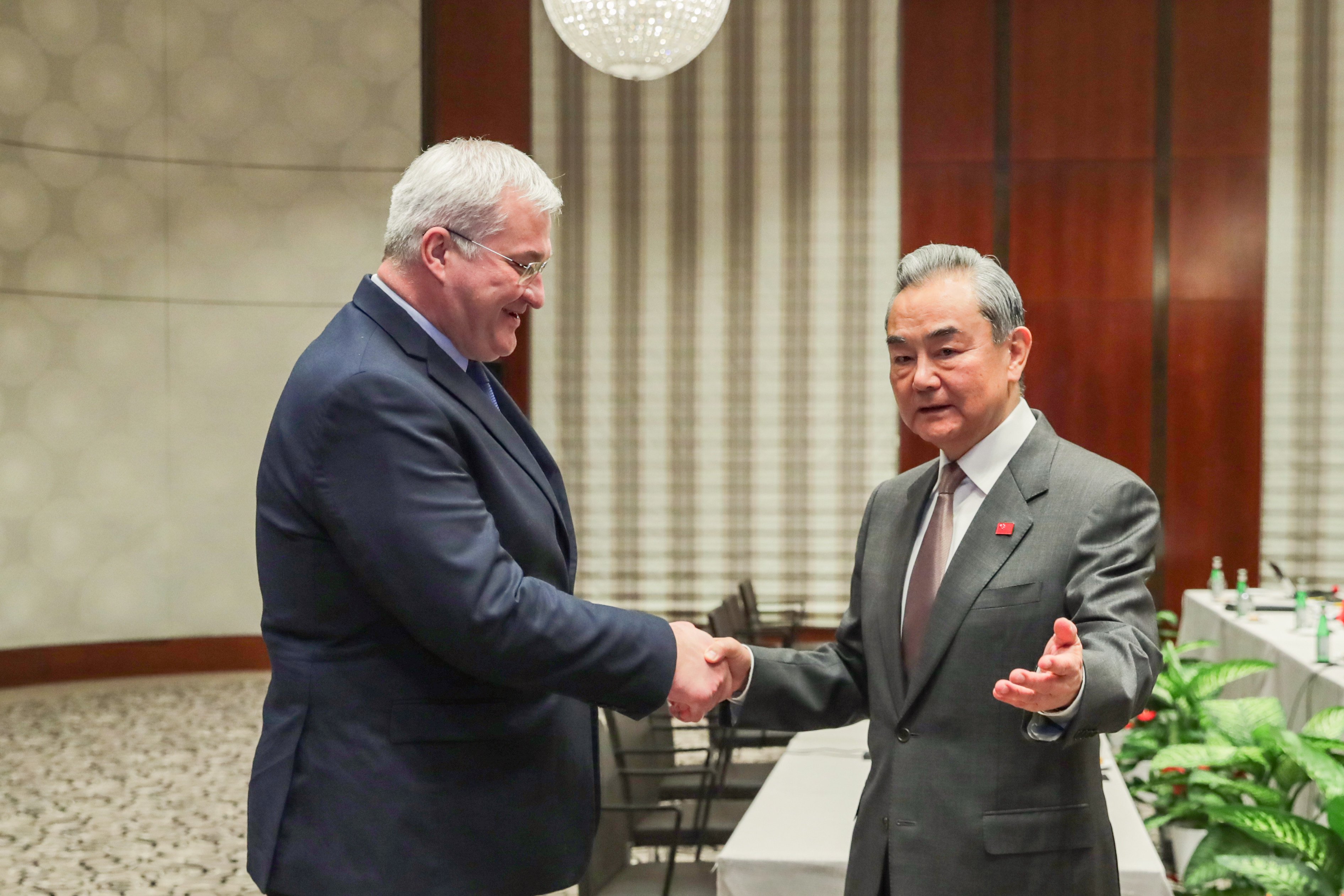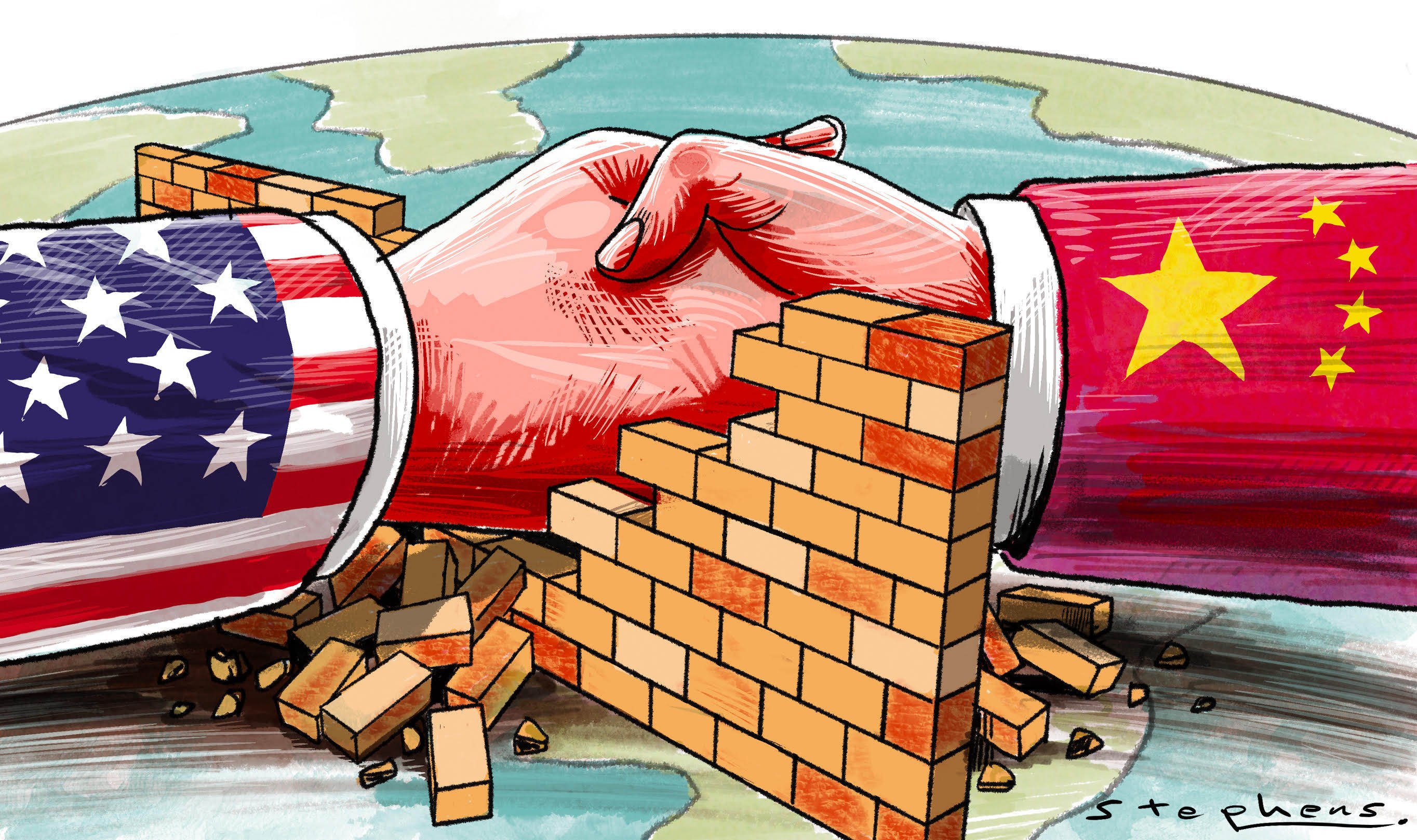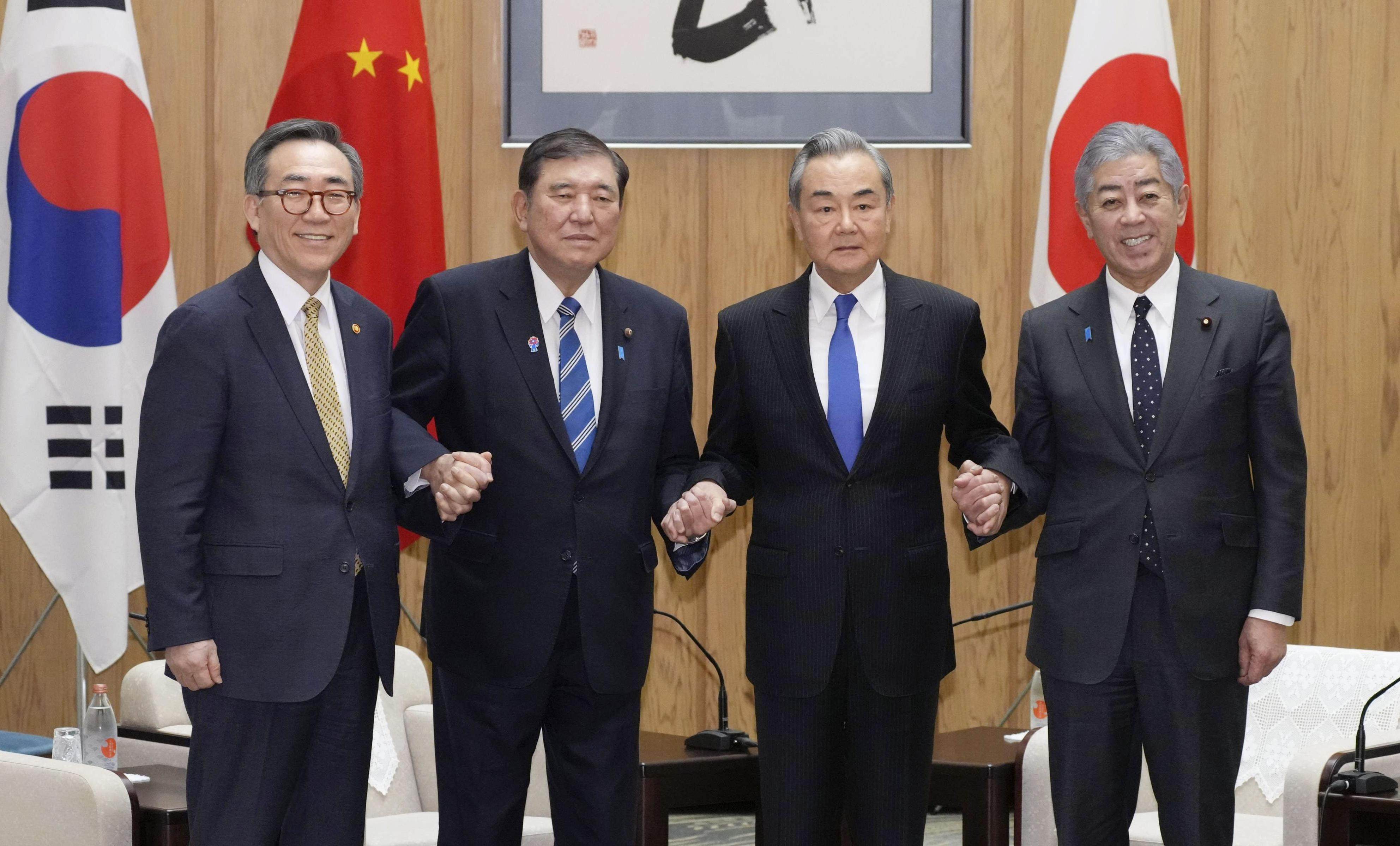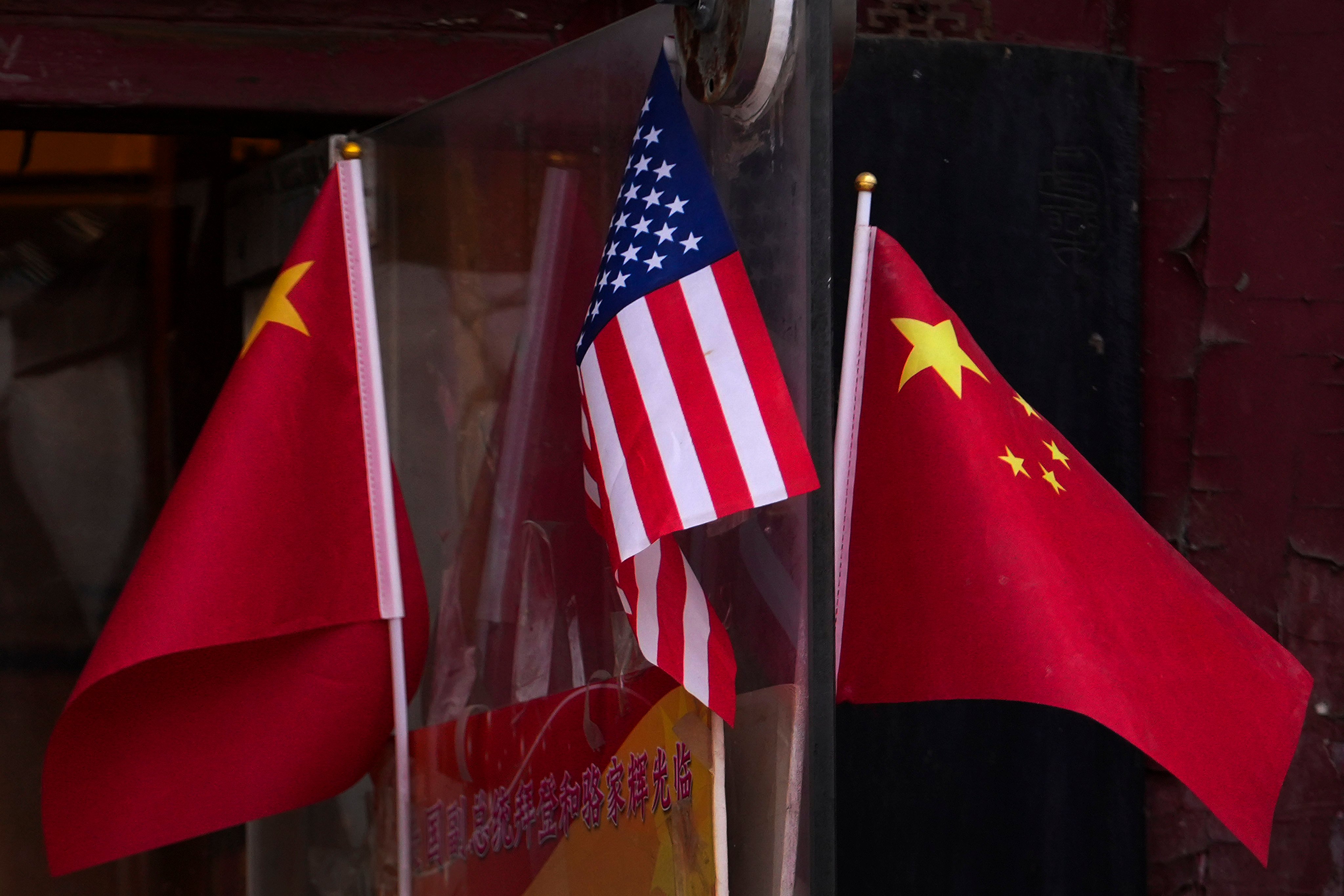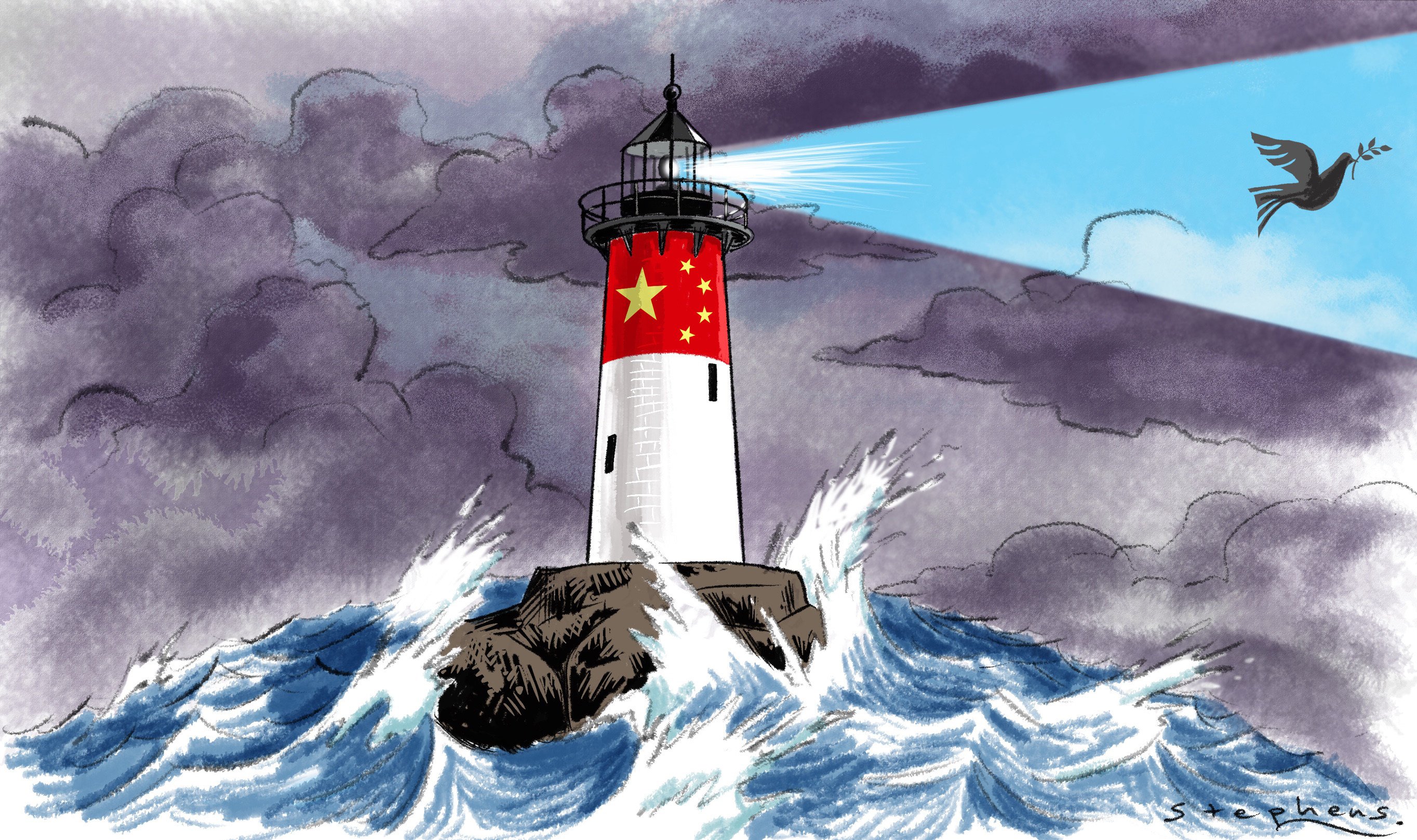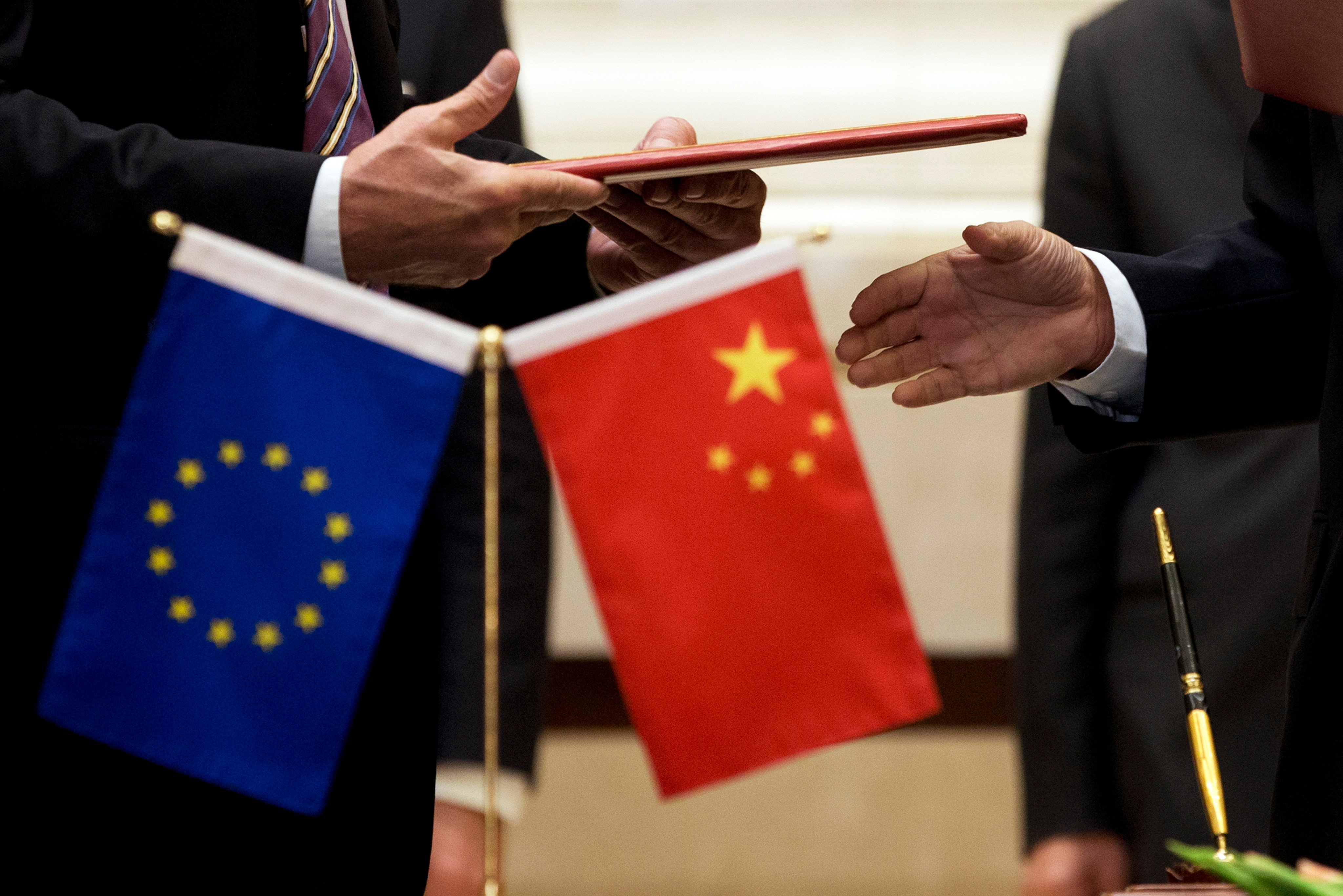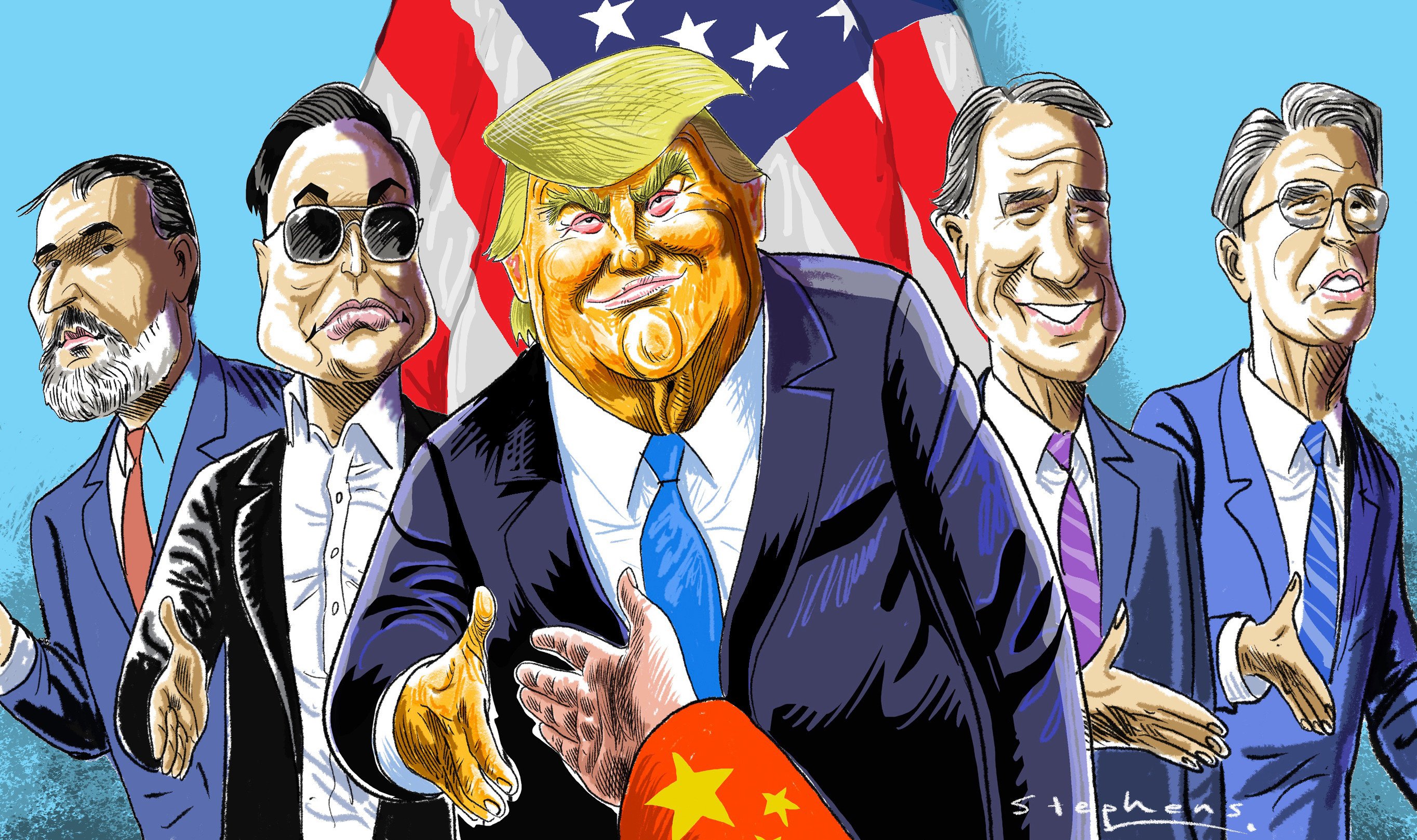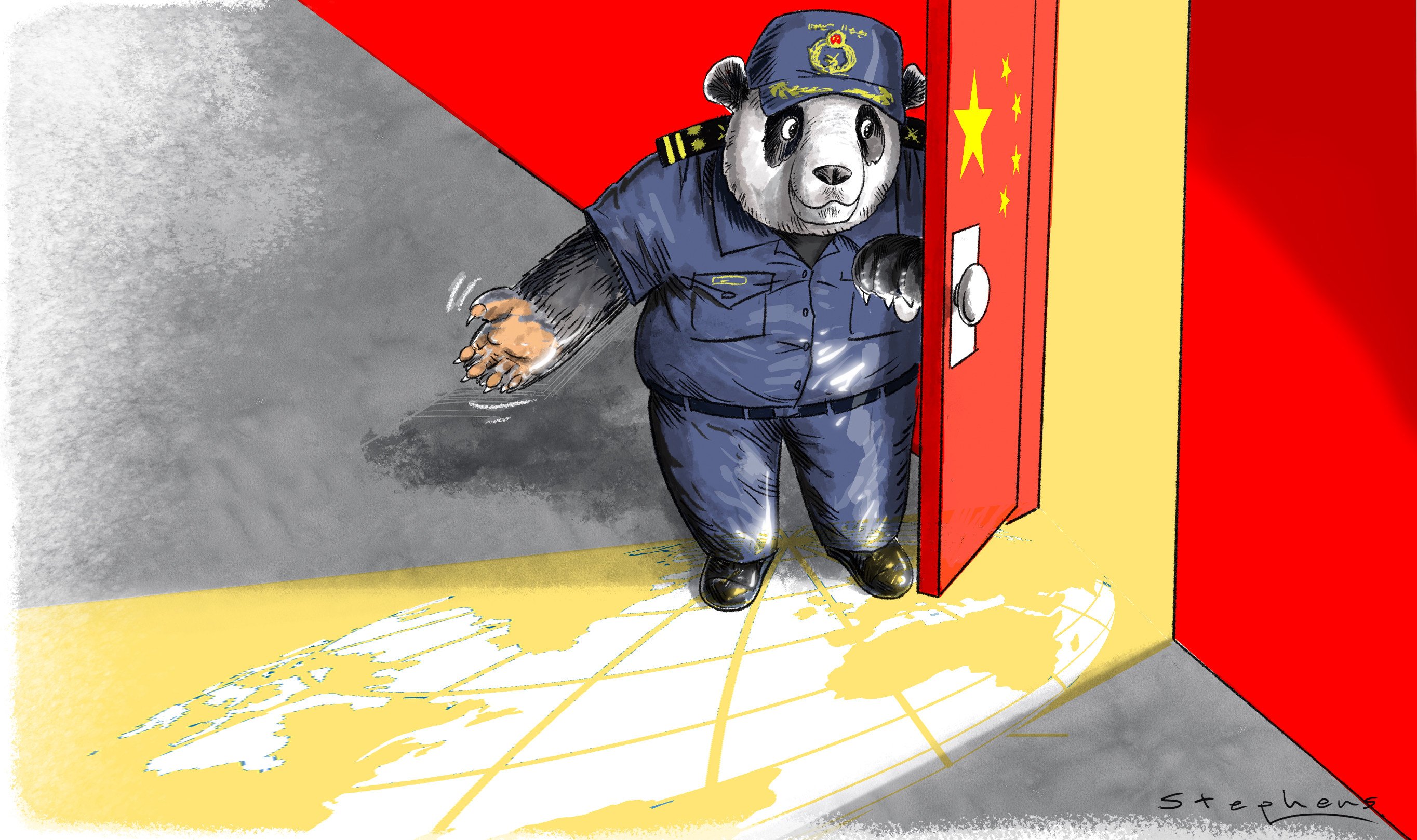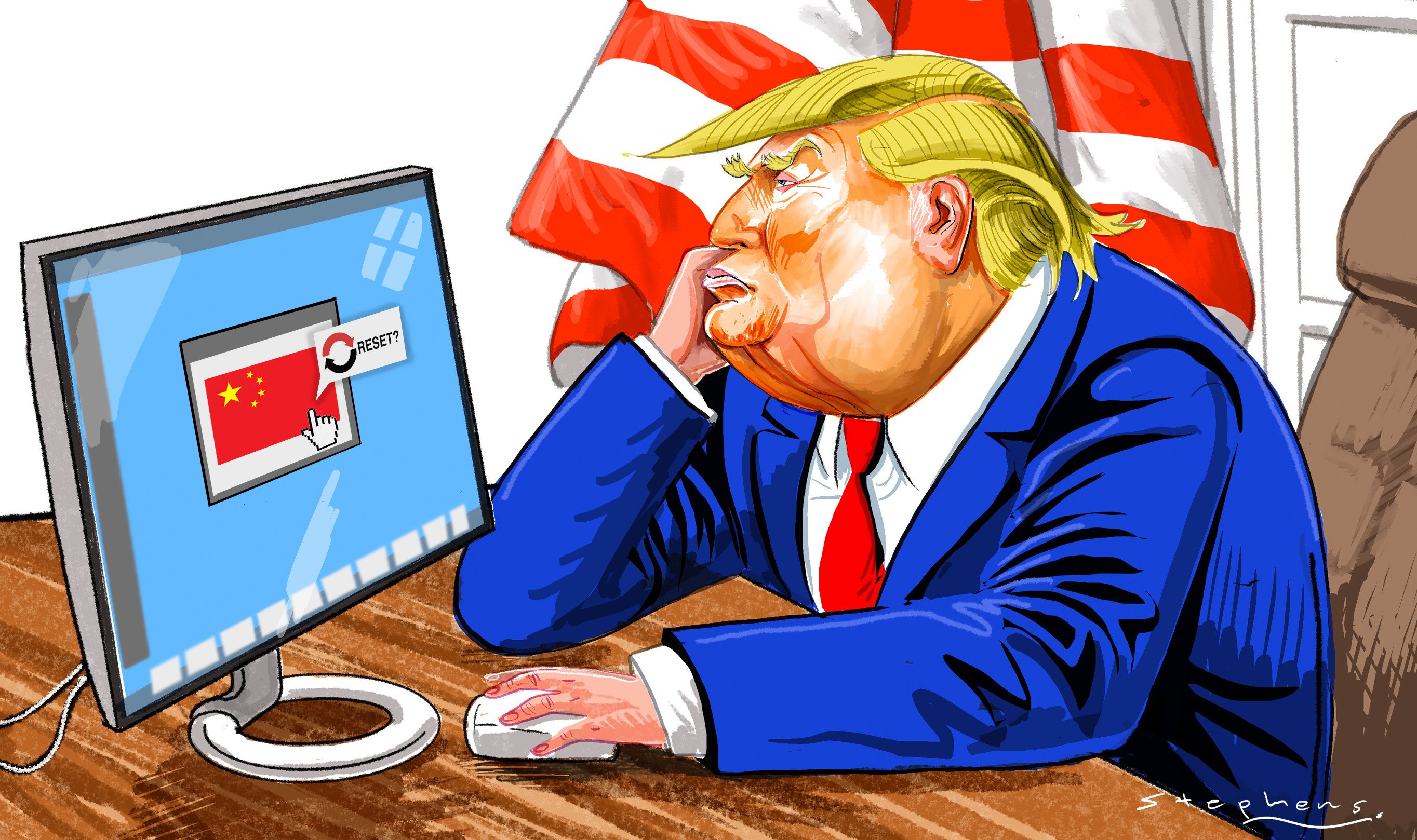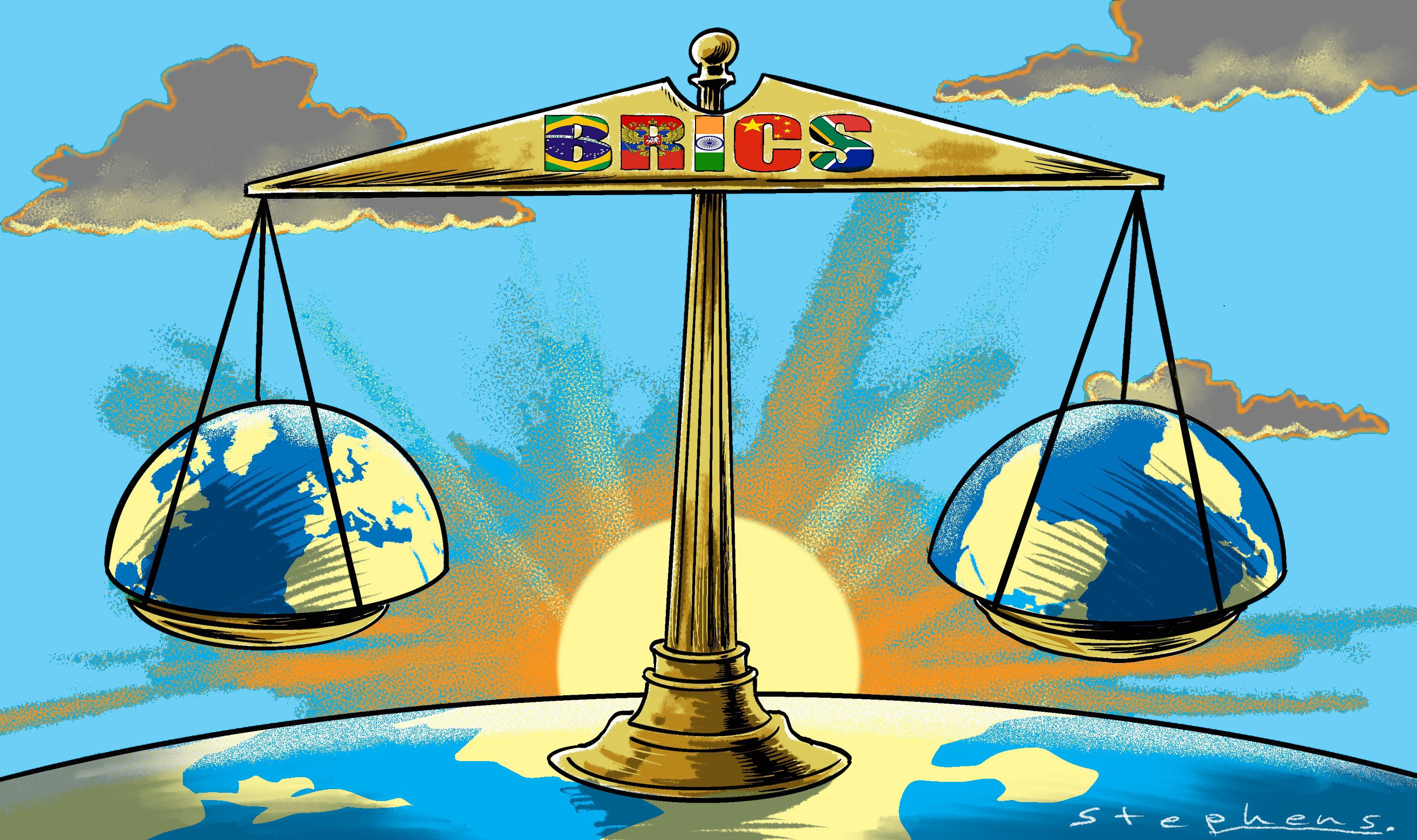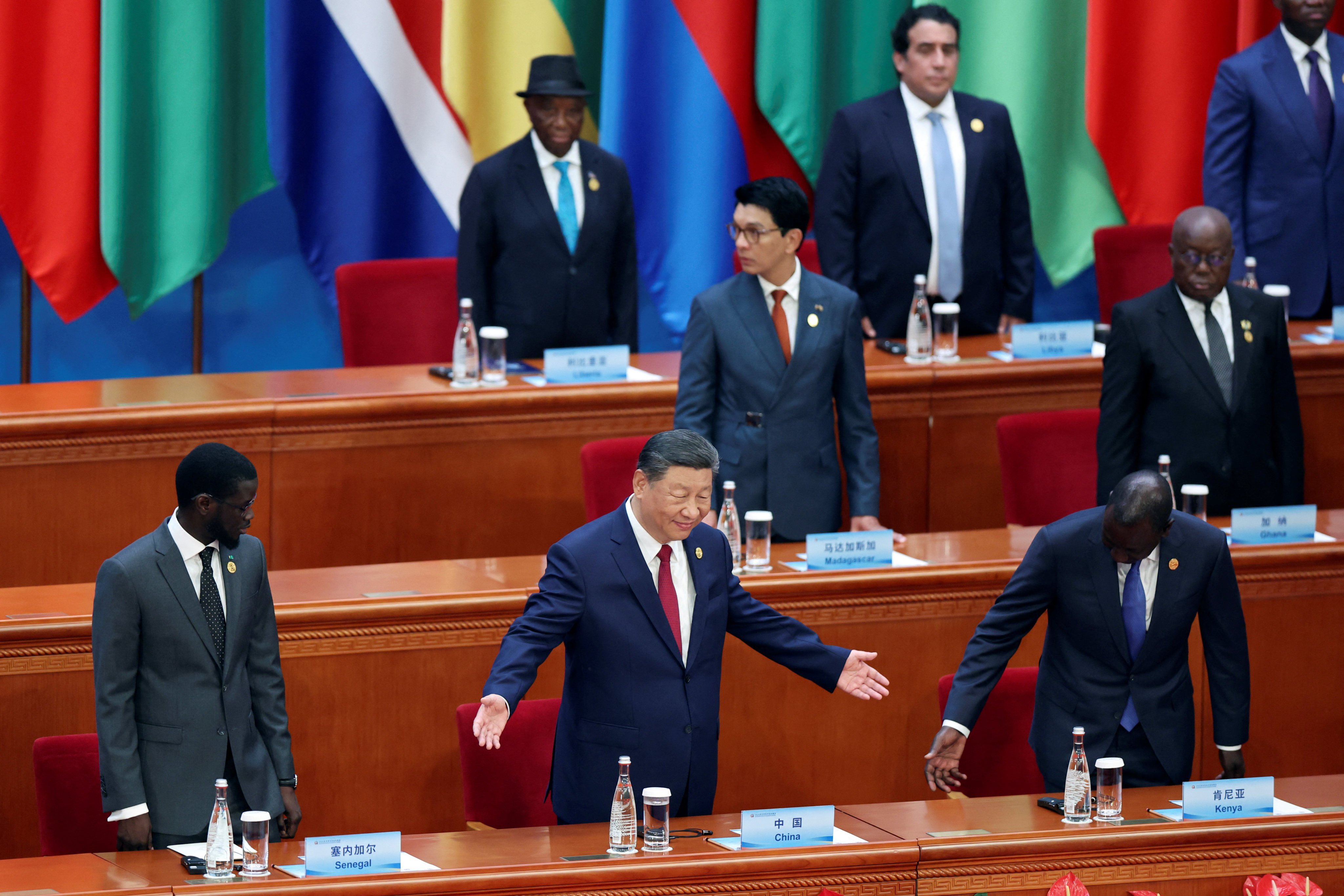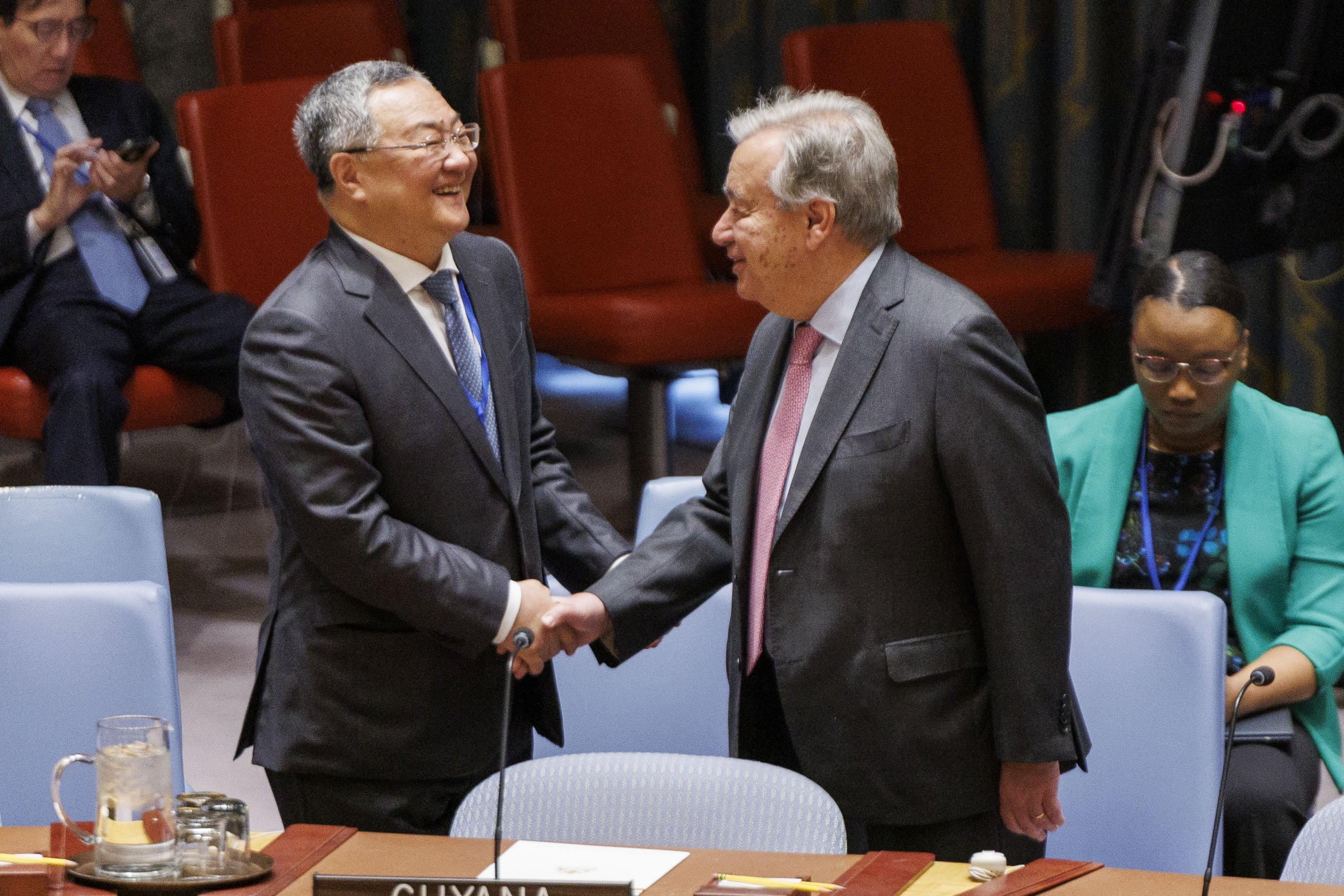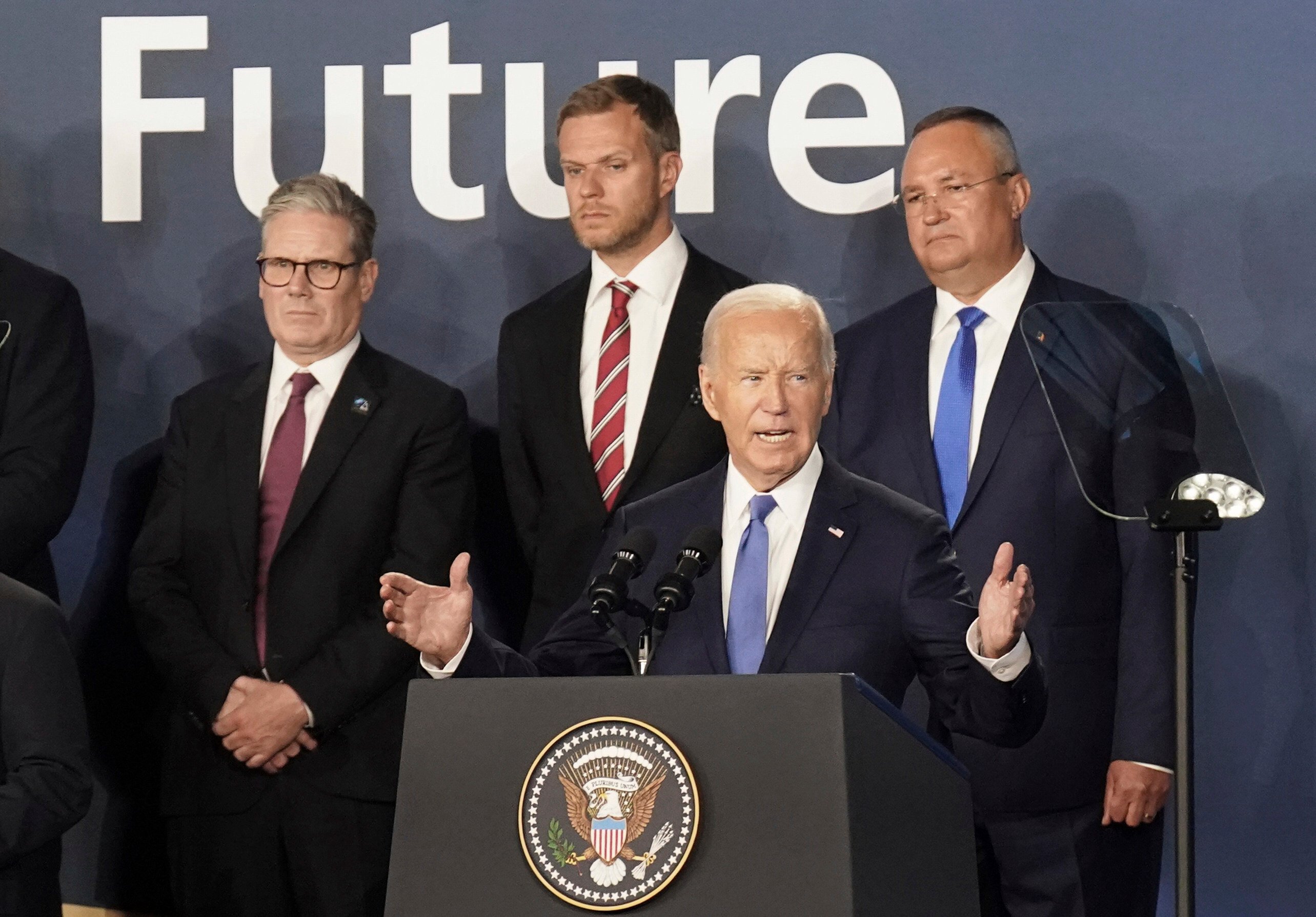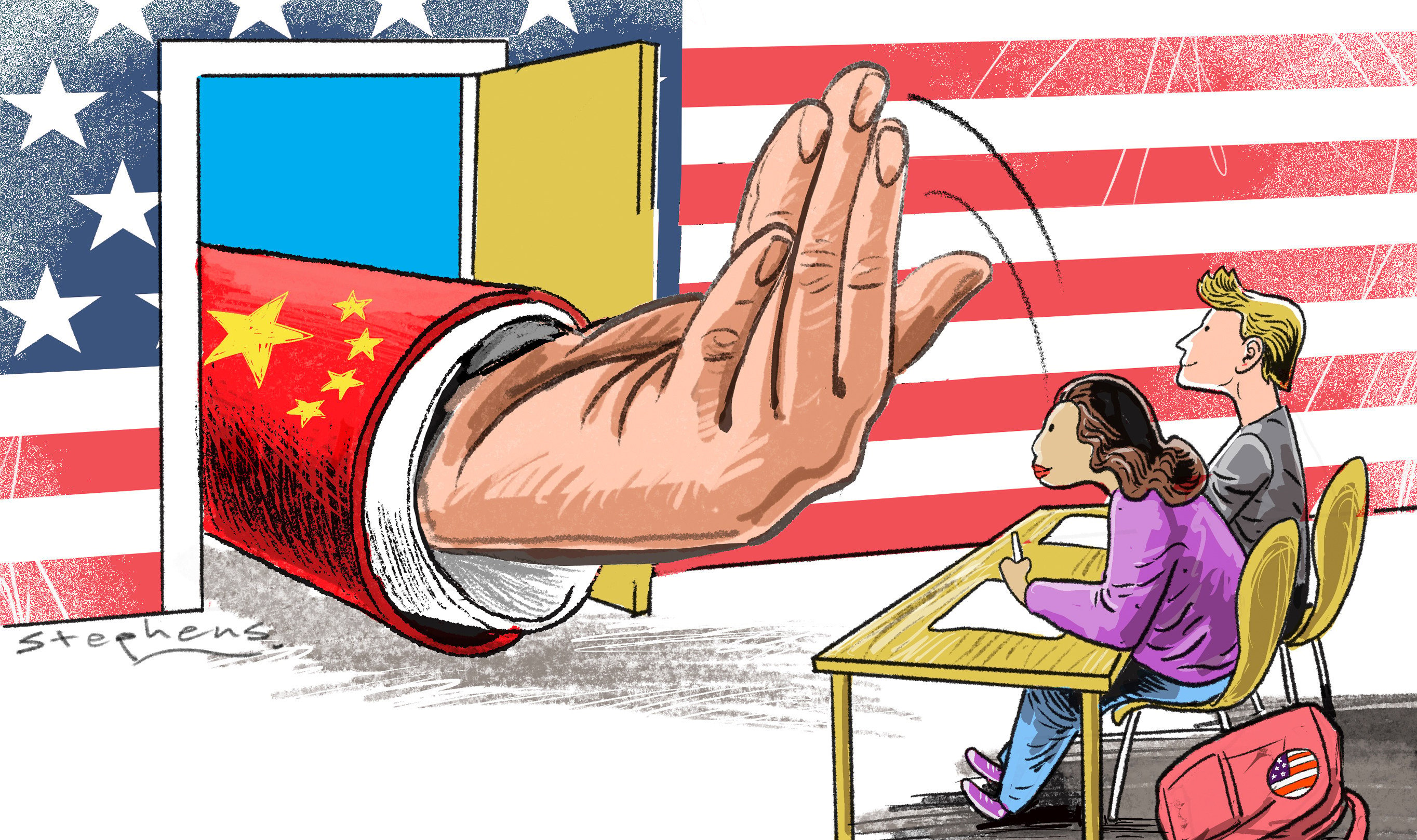Despite international tensions, countries still seek cooperation based on shared interests. Institutions must embrace this trend.
20 Feb 2026 - 7:20AM videocam
After the Canadian prime minister’s visit to Beijing, both sides have a window to deepen trade and cooperate on global governance.
19 Jan 2026 - 8:30PM videocam
The country’s rise was shaped less by a single turning point than by its commitment to long-term planning, meritocracy and global engagement.
1 Jan 2026 - 9:30AM videocam
Recent shifts in Taiwan’s political environment and international attitudes suggest the time is right for cross-strait engagement.
16 Dec 2025 - 9:30AM videocam
China’s green manufacturing capacity could be aligned with the West’s technological and capital strengths and the Global South’s development needs.
14 Nov 2025 - 9:30AM videocam
To move forward, negotiations must be conducted on the basis of security guarantees that reflect today’s geopolitical realities.
29 Oct 2025 - 8:30PM videocam
Thanks to green infrastructure, digital connectivity and world-class research, China’s economy is no longer reliant on one source of growth.
26 Sep 2025 - 5:30AM videocam
Shanghai Cooperation Organisation does not seek to replace the UN but amid UN paralysis, regional multilateralism can help sustain global order.
12 Sep 2025 - 9:30AM videocam
To build on their new-found consensus, both powers must not only set shared goals but also wisely manage challenges.
26 Aug 2025 - 9:30AM videocam
The green transition is likely to define the 21st century. Rather than resisting change, China is choosing to shape it.
13 Aug 2025 - 8:30PM videocam
The question is not whether China is leading the world but whether it can sell its climate leadership fast enough to build a better future.
23 Jul 2025 - 8:30PM videocam
If it chooses to embrace its strengths, Singapore is one of the few actors trusted enough to lay the foundation for a more just global order.
6 Jul 2025 - 8:15PM videocam
Going global not only defuses the perils of protectionism, it also allows Chinese firms to bring jobs and economic benefits to the world.
26 Jun 2025 - 5:21PM videocam
With its diplomatic access and record of engagement with all parties, China could be the ingredient required to bring peace in our time.
Far from being a victim, the US has been a beneficiary of globalisation. It must abandon zero-sum thinking and focus on its comparative strengths.
8 May 2025 - 5:30AM videocam
By blending economic might, technological prowess and cultural bonds, cooperation can be elevated into a transformative, inspiring force.
Instead, it’s a call to action. From helping mediate in Ukraine to investing in the US, China may yet defy historical negative trends.
16 Mar 2025 - 5:30AM videocam
What seems clear from Munich Security Conference talk is an evolution towards a pluralistic world order. We need an effective governance framework.
4 Mar 2025 - 5:30AM videocam
By fostering innovation and open markets – particularly in the automotive sector – China and the EU can show how major powers can work together despite differences.
14 Feb 2025 - 5:30AM videocam
By fostering innovation and open markets – particularly in the automotive sector – China and the EU can show how major powers can work together despite differences.
China can take a lesson from 1980s Japan, which defused bilateral frictions by strategically pivoting towards direct investment in US manufacturing.
17 Jan 2025 - 8:30PM videocam
With an emphasis on equity and sustainability, Beijing’s cooperation with developing countries goes beyond mere infrastructure projects.
23 Dec 2024 - 5:30AM videocam
China is ready for the world to witness its development, experience its culture and engage with its people.
26 Nov 2024 - 10:29AM videocam
The new US president is likely to negotiate a second-phase trade deal, seek China’s help to end wars, and keep the Taiwan status quo.
9 Nov 2024 - 5:51AM videocam
In championing economic inclusivity and strategic autonomy, pioneering financial innovation and promoting peace, Brics is a force for good.
29 Oct 2024 - 9:30AM videocam
China and Western nations could adopt the third-party cooperation model to help African countries address their many challenges.
23 Sep 2024 - 6:20PM videocam
China’s economic influence, diplomatic connections and commitment to multilateral solutions makes it a potentially transformative force for peace.
16 Aug 2024 - 9:30AM videocam
China’s economic influence, diplomatic connections and commitment to multilateral solutions makes it a potentially transformative force for peace.
In an era where climate change, food and energy security and poverty top the agenda, military-focused alliances are not fit for purpose.
1 Aug 2024 - 5:54AM videocam
From the easing of visas to a more international curriculum, China’s universities and wider society can do more to make US students feel at home.
20 Jun 2024 - 5:30AM videocam

